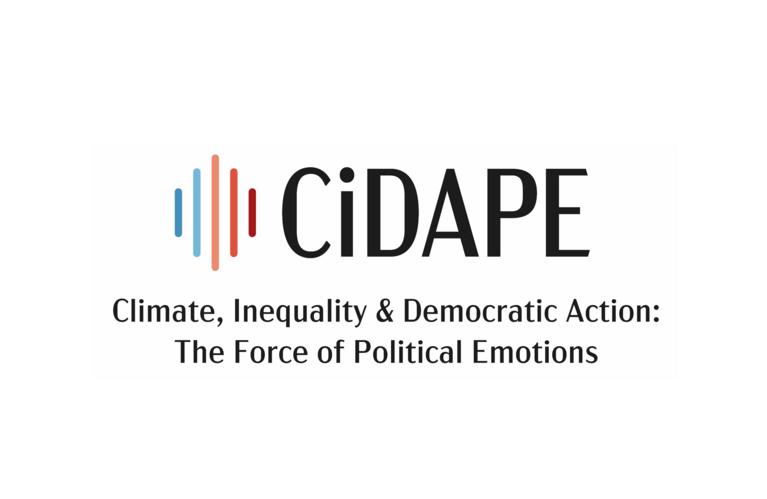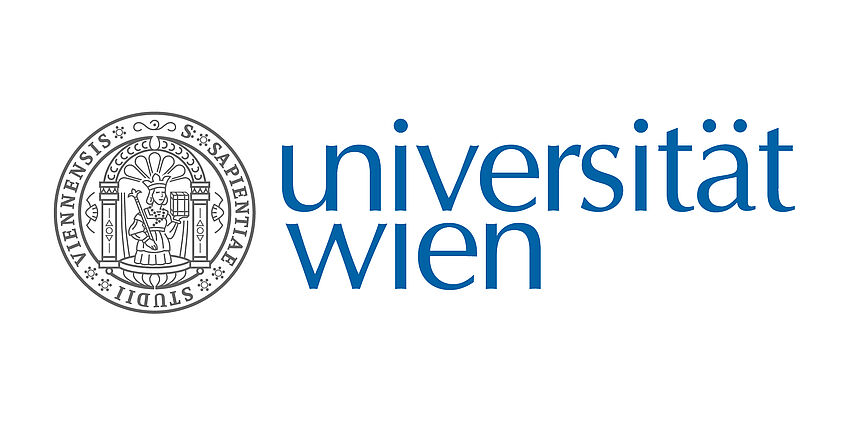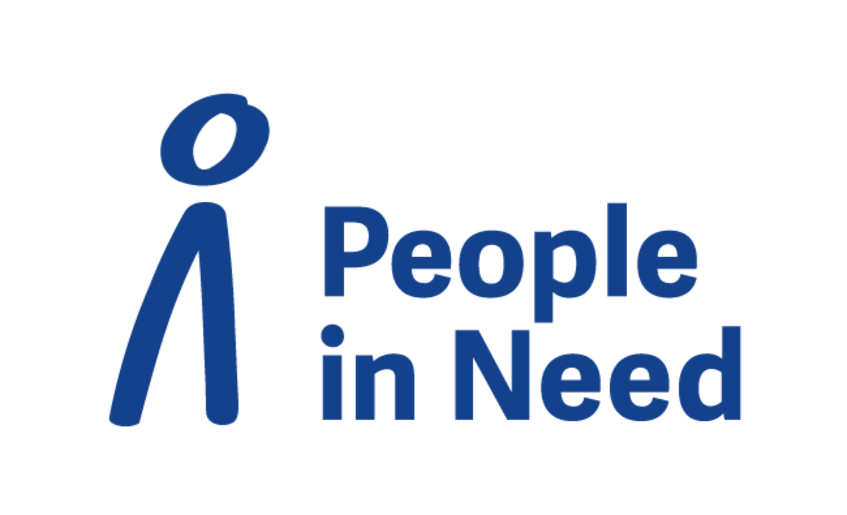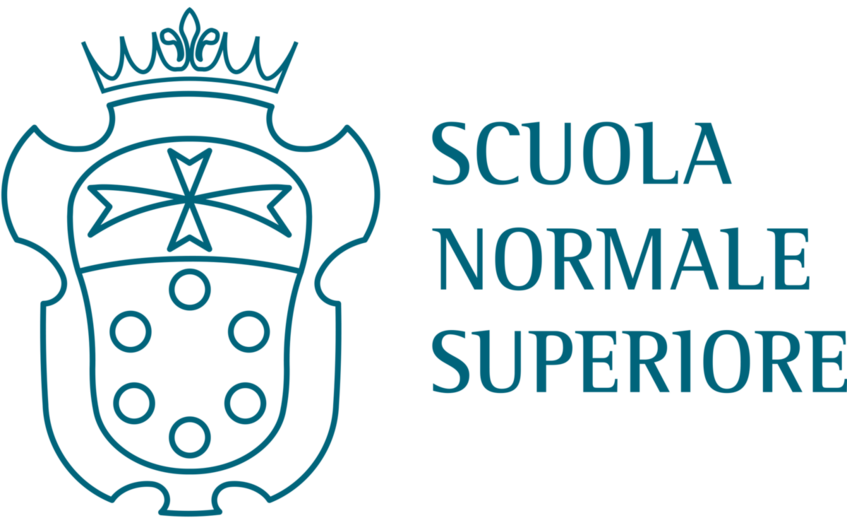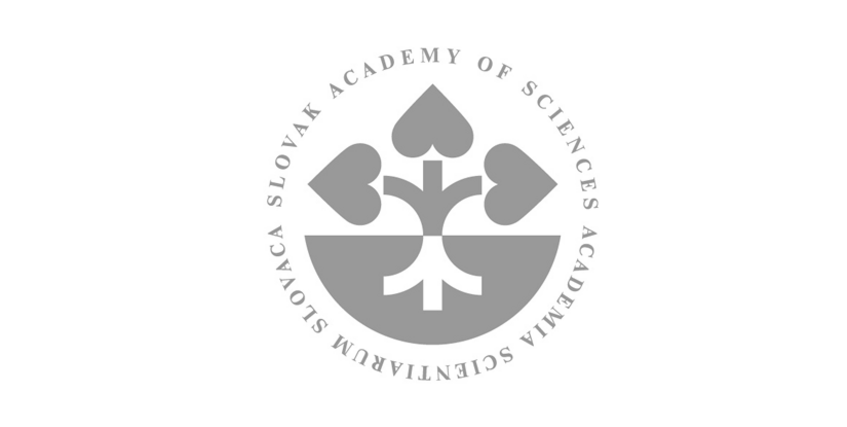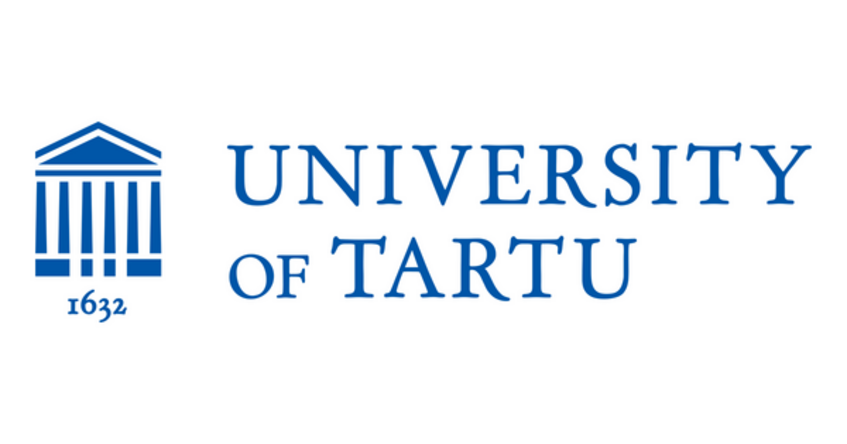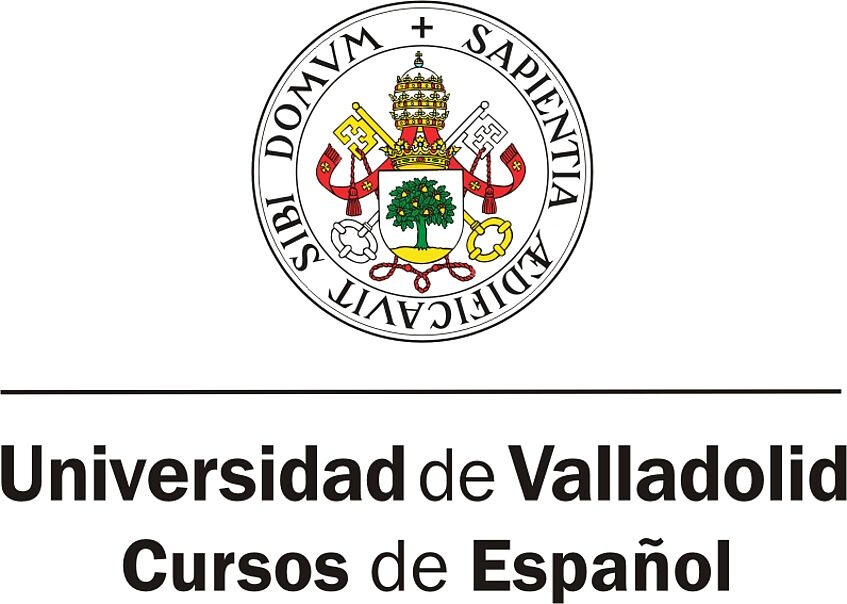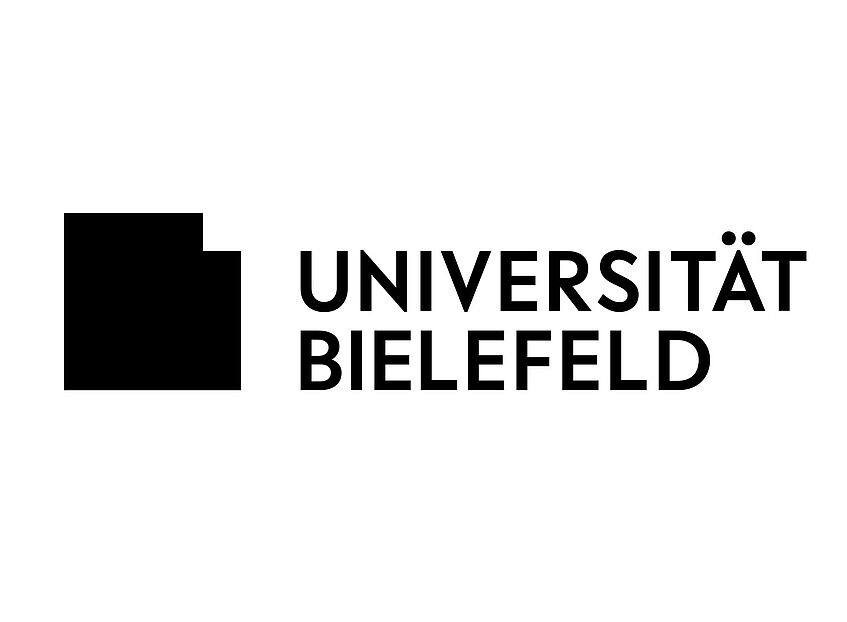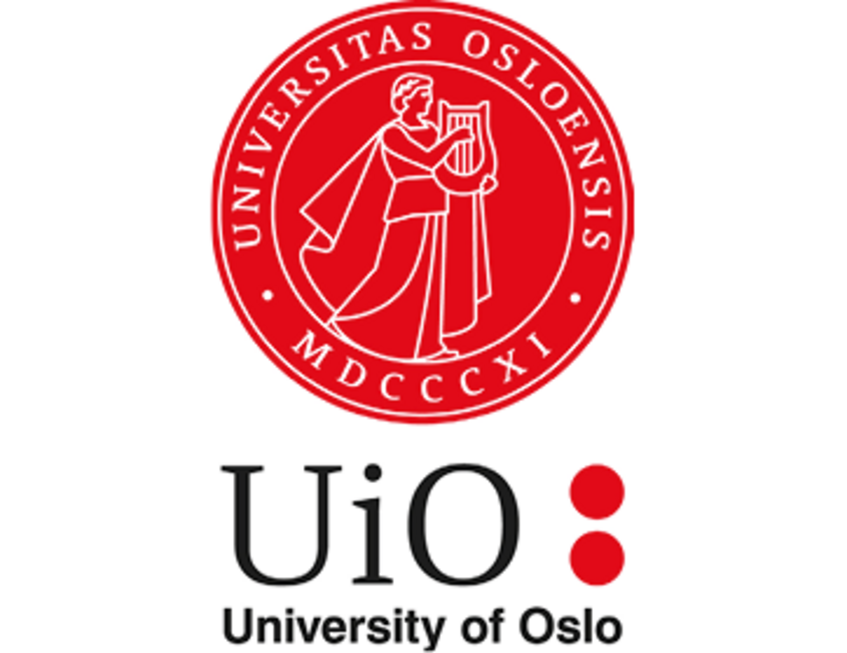The Force of Political Emotions
In the face of the climate crisis, our feelings and perceptions of inequality play a pivotal role in shaping our decisions. CIDAPE aims to equip policymakers with the tools needed to consider emotions, particularly those related to inequality, when crafting climate policies and communicating them to the public. It underscores the importance of understanding how political emotions frame both online and offline political discourse.
But CIDAPE doesn't stop there. It also equips civil society stakeholders with a holistic and comprehensive understanding of climate and inequality issues, empowering them to design more effective discussions and engagement formats. Over four years, the project will dive deep into how our emotions influence our political choices, examining everything from news stories, policy documents to social movements.
The ultimate goal is to enhance democracy by considering how people’s feelings about climate change influence their perceptions of inequality. Moreover, CIDAPE develops citizen engagement strategies that incorporate deliberation, participation, and mutual respect. In an era of political disenchantment and polarisation, this approach is crucial for fostering effective citizen engagement at the EU level.
CIDAPE is also pioneering methods to observe and use emotions effectively. It delves into how emotions influence political communication and policy perception, offering valuable insights for political institutions and civil society stakeholders. By identifying emotional dynamics in texts, it provides an emotion-sensitive skill set to bridge the gap between government action and citizen needs, fostering innovative policymaking alongside citizens.
Project duration
- January 2024 - December 2027
Key objectives
- Develop a conceptual tool of political emotions as structurally embedded in hierarchies and power relations.
- Lay out ways to clarify citizens’ emotional positions.
- Improve the quality of democratic action.
- Better understand how people link climate and inequality concerns in their everyday life.
Participating Institutions
- University of Vienna (Austria)
- Charles University Prague (Czechia)
- Metropolitan University Prague (Czechia)
- People in Need (Czechia)
- University of Tartu (Estonia)
- Bielefeld University (Germany)
- Scuola Normale Superiore (Italy)
- Utrecht University (Netherlands)
- University of Oslo (Norway)
- Slovak Academy of Sciences (Slovakia)
- University of Valladolid (Spain)
